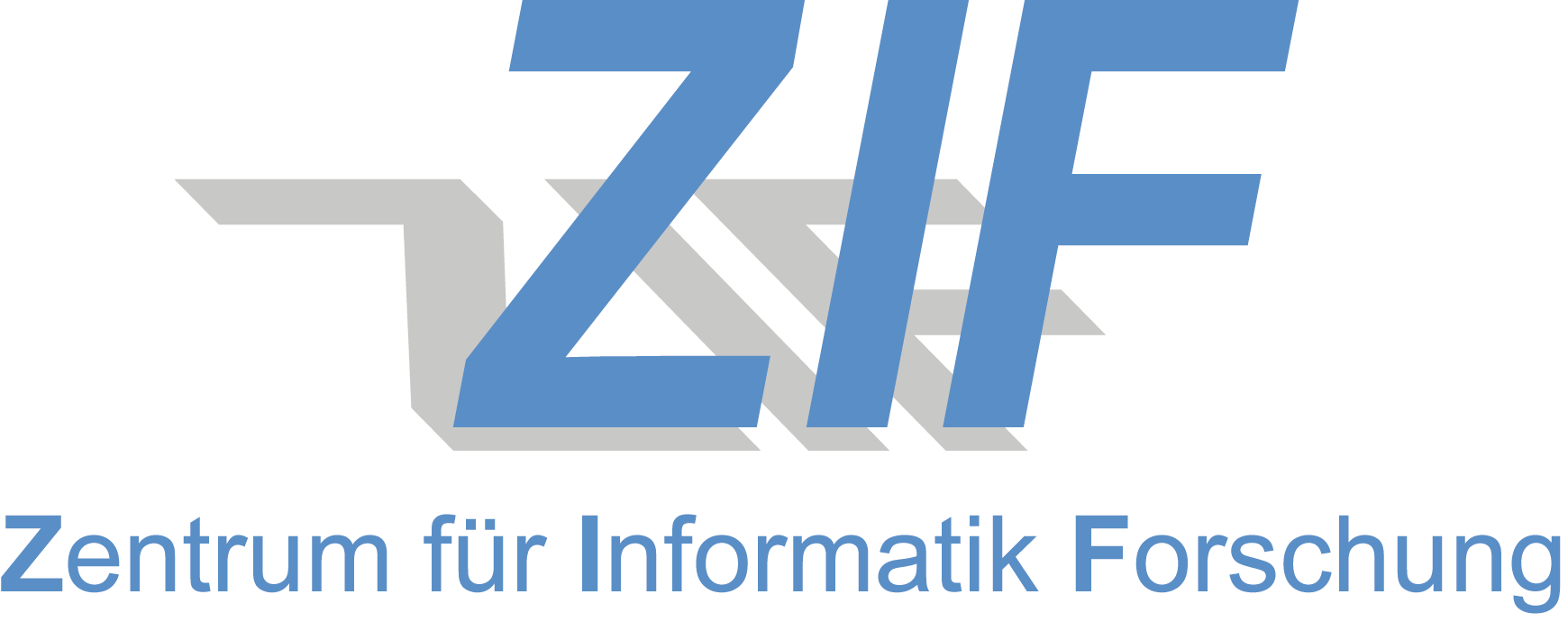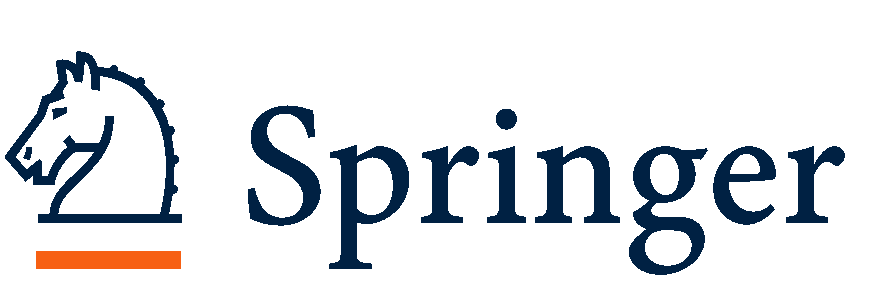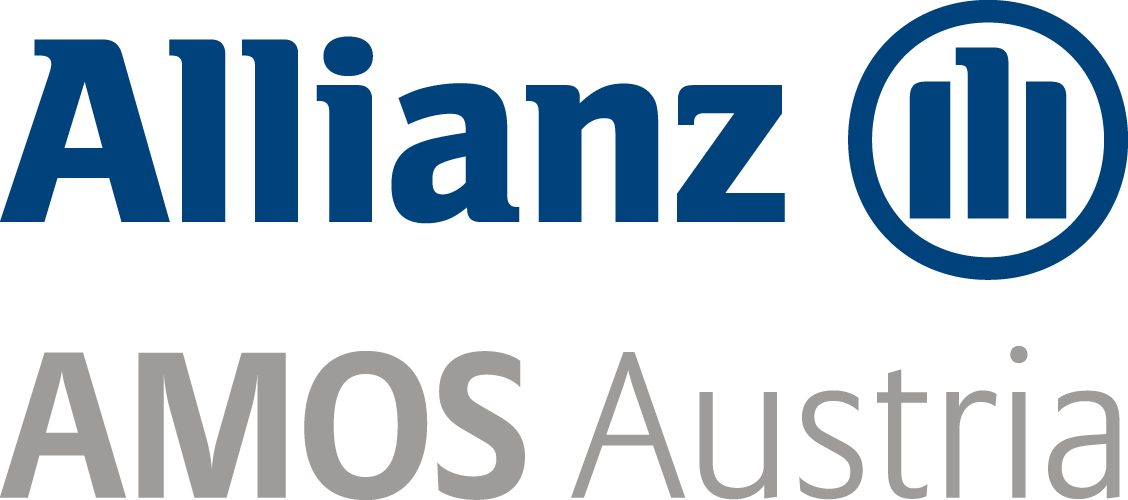The call for workshops is closed, click here for the full list of accepted workshops.
Call for Workshops
Software Technologies: Applications and Foundations (STAF) is a federation of leading conferences on software technologies. It was formed after the end of the successful TOOLS federated event (http://tools.ethz.ch) in 2012, providing a loose umbrella organisation, with a steering committee that aims to provide continuity.
The STAF federated event runs annually; the conferences that participate may vary from year to year, but all focus on practical and foundational advances in software technology. The conferences address all aspects of software technology, from object-oriented design, testing, formal approaches to modelling and verification, transformation, model-driven engineering, aspect-oriented techniques, and tools.
STAF 2016 will bring together:
– 9th International Conference on Model Transformation (ICMT)
– 9th International Conference on Graph Transformation (ICGT)
– 12th European Conference on Modelling Foundations and Applications (ECMFA)
– 10th International Conference on Tests and Proof (TAP)
– 14th International Conference on Software Engineering and Formal Methods (SEFM)
STAF 2016 will also host a number of satellite events including workshops between July 4-8 2016. Workshops will provide a collaborative forum for groups of typically 15 to 35 participants to exchange recent and/or preliminary results, to conduct intensive discussions on a particular topic, or to coordinate efforts between representatives of a technical community. They are intended as a forum for lively discussions of innovative ideas, recent progress, practical experiences, specific problems, and domain-specific needs. Each workshop should provide a balanced distribution of its time for both presentation of papers and discussions. We encourage prospective workshop organizers to submit proposals for highly-interactive workshops. Both research-oriented and applied topics are welcome. The duration of each workshop is either half day or full day.
Important Dates
| January 22nd, 2016 | Workshop proposal submission deadline |
| January 27th, 2016 | Notification of acceptance/rejection of workshop proposals |
| February 15th, 2016 | Workshop Web page and Call for Papers issued |
Workshop Proposal Guidelines
Your proposal document must contain the following information:
- General information
- Objectives and Scope
- Motivation
- Objectives
- Intended audience
- Relevance (in particular to the STAF community)
- Previous events including, where applicable,
- a link to the website,
- the number of submitted and accepted papers, and
- the number of attendees
- Organization Details
- Details on the organizers (150 words max each), including relevant past experience in workshop organization
- Preliminary list of program committee members (either proposed or confirmed – please specify)
- Workshop Format
- Intended paper format (number of pages; types of papers, e.g., full papers, work-in-progress papers, practitioners’ reports, posters)
- Paper evaluation process
- Intended publication of accepted papers (please see proceedings options stated below)
- Intended workshop format (number of presentations, planned keynotes, panels, etc.)
Please clarify in particular why participants should submit to your workshop instead of to a conference or journal on related topics. If you do not plan to apply some interactive parts (such as interactive brainstorming, prototyping, benchmarking, experimentation, …), please clarify why you still think a physical workshop is the appropriate format. - How many participants do you expect (please explain your educated guess)?
- Specific requirements (e.g., equipment, room capacity)
- Additional Material
- Workshop Web page (URL of the draft Web page, if one exists)
- Draft Call for Papers for the workshop (a one-page Call for Papers that you intend to send out if your workshop is accepted)
Accepted Workshops
General rules:
- The organizers will be required to issue the workshop Web page and the first Call for Papers by the deadline indicated above (see Important Dates).
- All workshop participants, including workshop organizers, keynote speakers, and invited guests, must register at least for the workshop day.
- STAF 2016 will not pay for registration, travel, or other arrangements for workshop organizers and any of their invited speakers or guests.
- Workshop organizers must attend their workshop or, if not possible, communicate in advance to the STAF Workshop co-chairs who will act as session chair(s) and who will be responsible for the correct realization of the event.
- STAF Workshop co-chairs may decide at any time to merge workshops on similar topics.
- The actual dates of workshops will be decided by the STAF organizers.
Recommended deadlines to be set by the organizers of accepted workshops:
- Workshop paper submission: April 18th, 2016 (or later)
- Workshop paper notification: May 25th, 2016 (or before, but STRICTLY NOT LATER since the STAF early registration deadline is June 1st).
Proceedings
Workshop organizers may choose between two publishing options:
- joining the STAF Workshop Post-Proceedings published with Springer LNCS
- publishing individual CEUR Workshop Proceedings (see CEUR preconditions for publishing)
In order to be included in the Springer LNCS post-proceedings, workshop papers should:
- be written in English and prepared using the specific LNCS templates
- not exceed 15 pages
- have been suitably peer-reviewed
Submissions
Please ensure that you adhere to the above workshop proposal guidelines providing all requested information using at most six pages (not including the draft Call for Papers).Submit your workshop proposal in PDF using the Springer LNCS style to EasyChair:
https://easychair.org/conferences/?conf=staf2016workshops
Proposals will be selected based on their relevance to the conferences’ aims, beneficiaries, and timely advances in their respective topics. In particular, proposals will be evaluated according to the following criteria:
- potential to advance the state of research and practice
- organizers’ experience and ability to lead a successful workshop
- meaningful use of methods that activate the audience
- balance and synergy between the proposed topics
- continuity of workshop series














